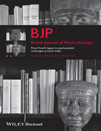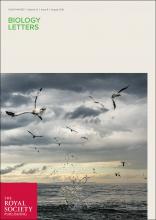
The editor of the journal Land Degradation & Development has stepped down amidst an investigation into citation problems at the journal.
The editor, Artemi Cerdà of the University of Valencia in Spain, has also disappeared from the list of editors at two journals published by the European Geosciences Union, which recently announced that one of its editors had engaged in citation manipulation.
Here’s a statement we just received from a spokesperson for Wiley, which publishes Land Degradation & Development:
Continue reading Editor steps down from journal while it investigates citation irregularities

 A psychoanalyst has retracted an award-winning 2016 paper over concerns that it contained “sensitive” patient information.
A psychoanalyst has retracted an award-winning 2016 paper over concerns that it contained “sensitive” patient information.
 An oncology journal has retracted a 2014 paper that contained a potentially fatal mistake.
An oncology journal has retracted a 2014 paper that contained a potentially fatal mistake.
 Researchers have agreed to pull a 2015 study exploring whether a plant extract can safeguard tanners from ultraviolet exposure after not obtaining formal approval from an ethics committee.
Researchers have agreed to pull a 2015 study exploring whether a plant extract can safeguard tanners from ultraviolet exposure after not obtaining formal approval from an ethics committee.

